I need to a regular expression to extract names from a GEDCOM file. The format is:
Fred Joseph /Smith/
Where the text bounded by the / is the surname and the Fred Joseph are the forenames. The complication is that the surname could be at any place in the text or may not be there at all. I need something that will extract the surname and capture everything else as the forenames.
This is as far as I have got and I have tried making groups optional with the ? qualifier but to no avail:
As you can see it has several problems: If the surname is missing nothing gets captured, the forename(s) sometimes have leading and trailing spaces, and I have 3 capture groups when I'd really like 2. Even better would be if the capture group for the surname didn't include the '/' characters.
Any help would be much appreciated.
